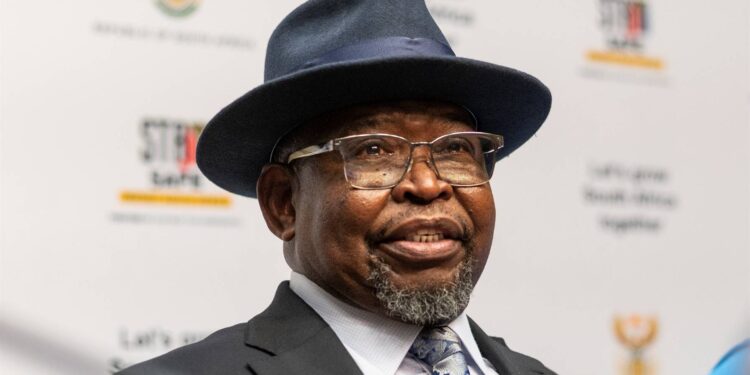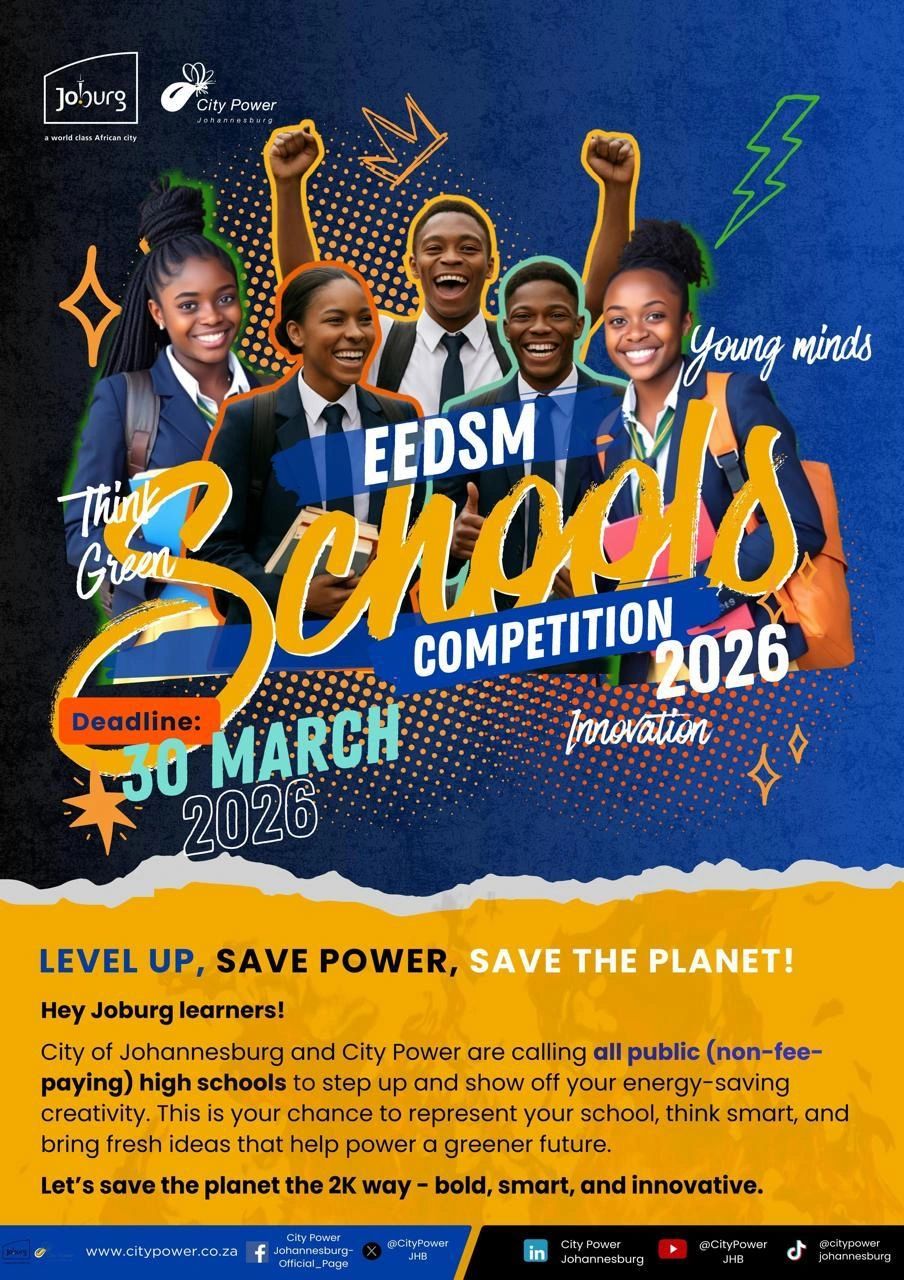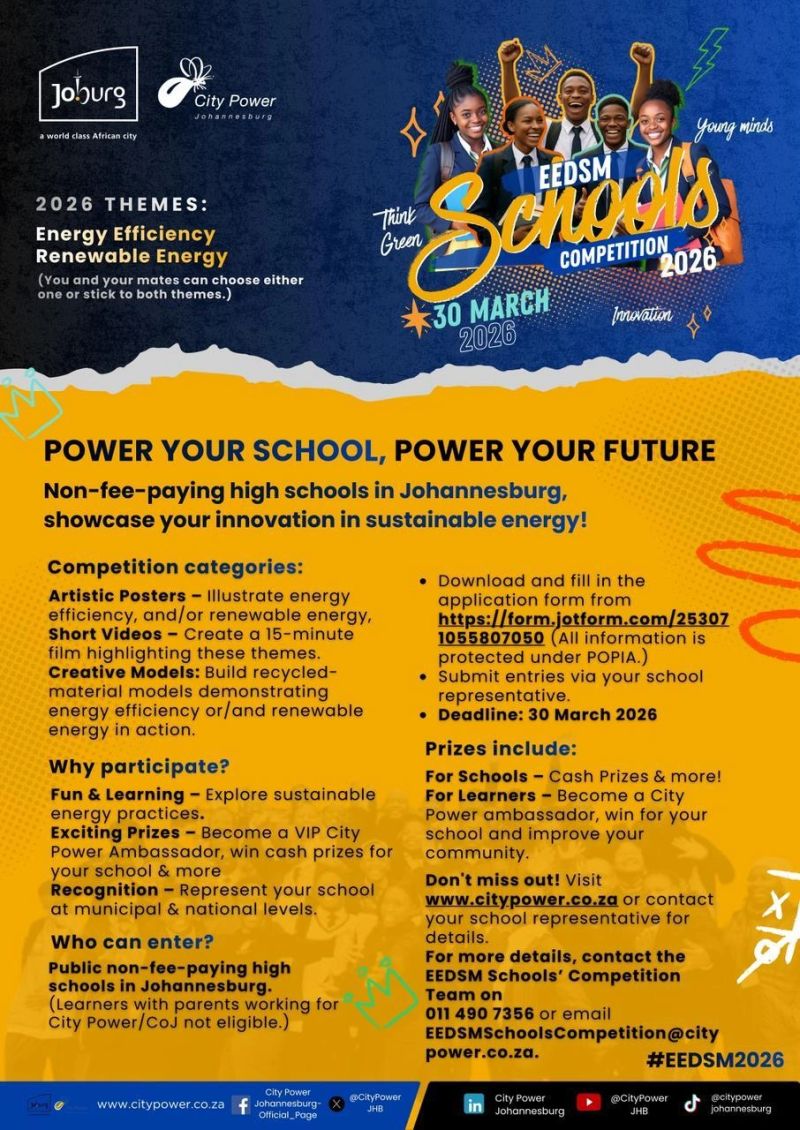By Prof. Busisiwe Mavuso
The third iteration of the 2025/26 Budget maintains the expenditure trajectory presented in the 19 February 2025 budget, despite the absence of R75bn that the rejected VAT increases would have generated. Finance Minister Enoch Godongwana instead slashed additional spending over the medium term by R68bn, emphasising that baseline spending allocations across all spheres of government remained largely unchanged.
BLSA commends this approach, which enables the government to continue focusing on improving service delivery and driving ahead with the structural reforms that will enable faster economic growth over the long term.
To address the R75bn VAT revenue shortage, there is a hefty increase in the fuel levy of 16c/litre for petrol and 15c/litre for diesel, which is the first in three years but will put further strain on the economy. Expected to generate R3.5bn in 2025/26, it will hit low-income households the hardest and strain consumer spending.
For further revenue increases, Minister Godongwana has allocated an additional R7.5bn to SARS to increase its effectiveness in collecting more revenue, saying SARS has indicated that this could raise R20bn to R50bn additional revenue a year. He said part of the additional allocation to SARS will be used to improve modernisation and this will include targeting illicit trade in tobacco and other areas, which should boost revenue over the medium term. Business Against Crime South Africa has been working closely with government to overcome this drain on our economy and BLSA is encouraged that this remains central to budgetary planning. We need full commitment across all spheres of government to win this battle.
One area of concern is National Treasury’s forecast of real GDP growth this year. At 1.4%, this is significantly higher than consensus forecasts and the IMF’s forecast of 1%. This may result in lower tax revenue than anticipated. Still, it is down from NT’s projection of 1.9% in the March Budget, highlighting the difficult global and domestic economic environment.
BLSA fully supports the commitment to “the social wage”, with 61c of every rand of consolidated, non-interest expenditure going towards the social wage, including free basic services like electricity, water, education, healthcare and affordable housing, as well as social grants. In an environment of widespread poverty and high unemployment, it is critical to keep focused on those most in need.
The Covid-19 social relief of distress will be extended to the end of March 2026, and it is important that government is actively exploring various options to better integrate this grant with employment opportunities. This includes considering a job-seeker allowance and other measures, which BLSA supports.
At the same time, the focus on growth-enhancing structural reforms is encouraging, with the Minister confirming the second phase of Operation Vulindlela’s priority areas, which include seeing through existing reforms in energy, water, logistics and in the visa regime, with new reform areas being local government, digital transformation and addressing spatial inequalities. These are all challenging areas, and the benefits will be felt only in the long term, so BLSA is heartened that the government fully understands how important each of these elements is to building a healthy economy. The R1tn allocation over three years on critical infrastructure is retained, which is important to support many of the above reforms and lift growth prospects.
Overall, the fiscal trajectory remains largely intact though the debt ratio does increase slightly due to lower GDP. It is important for the country’s credibility that we stick to this, particularly at a time when credit ratings agencies are starting to improve their assessments of SA’s outlook, a small but important step before the actual credit ratings start to climb out of sub-investment grade status. In 2025/26, government debt is projected to stabilise at 77.4% of GDP, up 1.2% from the March 12 budget projection.
BLSA CEO Busisiwe Mavuso says: “Given the difficult circumstances and having to produce three versions of the 2025/26 Budget, BLSA believes this is a good outcome. The latest budget tries to incorporate the needs of all spheres of society. However, it is also a stark reflection of the perilous state our economy and the difficult reform work we have ahead.”
In that light, BLSA strongly commends Minister Godongwana’s formal expenditure reviews undertaken by National Treasury, assessing spending from as far back as 2013 to identify waste and inefficiencies. They found potential savings of R37.5bn through improved oversight and operational changes. He also said underperforming programmes would be closed as the 2026 MTEF budget process undergoes redesign.
“We need more of this,” Mavuso says, “particularly an assessment of all state entities. The country needs a dispassionate assessment of the return on investment that each entity brings, using proven tools to measure the value of social impact, with some tough decisions to be made. A more streamlined, efficient state will contribute significantly to a well-functioning economy.










